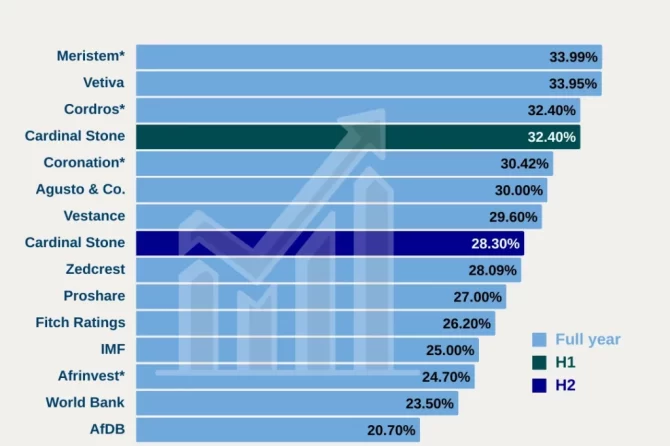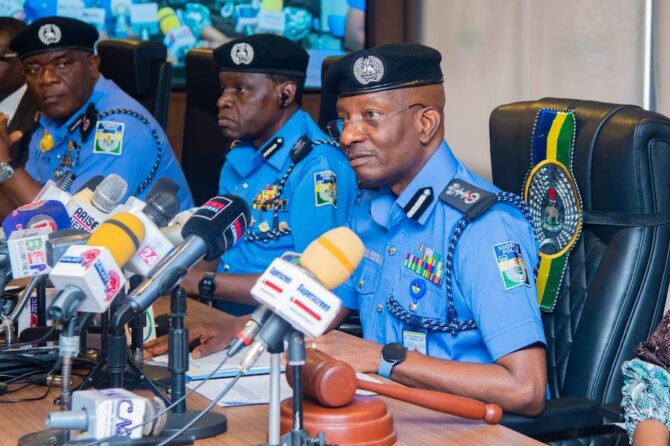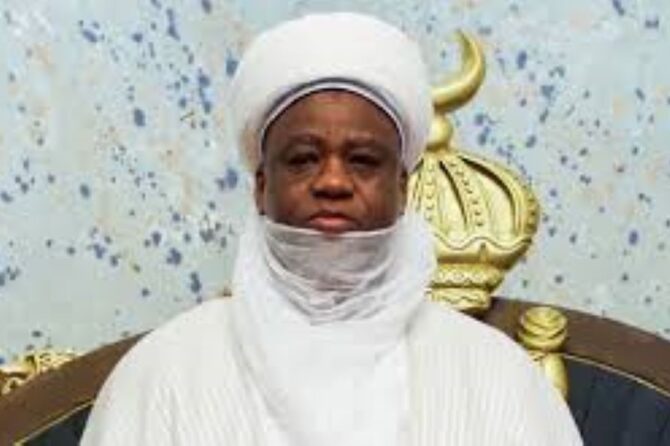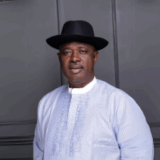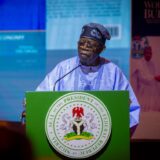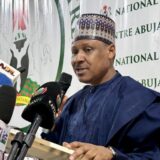Former presidential candidate Peter Obi has ignited controversy with a bold call to “dismantle” the intertwined structures of politics and religion in Nigeria. Speaking on the “Honest Bunch” podcast, Obi argued that these institutions, while seemingly integral to Nigerian society, have become impediments to progress and need to be radically overhauled for the nation to achieve its full potential.
Obi, who garnered substantial support during the 2023 presidential election, has consistently championed a platform of transformative change, advocating for a more efficient and accountable government and a shift away from consumption-driven economics. His latest pronouncements strike at the heart of Nigeria’s complex socio-political landscape, challenging deeply entrenched norms and sparking debate about the role of faith and political power in shaping the nation’s future.
“It’s attractive, politics and church, but it has to be dismantled,” Obi stated during the podcast interview, expressing concern about the blurring of lines between these two spheres. He pointed to the prevalence of “night vigils,” a common practice in many Nigerian churches, suggesting they should be transformed into “night shifts” to foster a culture of productivity and economic contribution.
Obi’s statement has resonated with a segment of the population disillusioned with the perceived manipulation of religious sentiment for political ends and the often-undue influence of religious leaders in the political arena. This perspective stems from anxieties about the potential for exploitation and a desire for greater transparency and accountability within both religious and political institutions.
Historically, religion has played a significant role in Nigerian society, shaping cultural norms, values, and political discourse. The nation boasts a diverse religious landscape, with Christianity and Islam as the predominant faiths. However, the intersection of religion and politics has often been fraught with tension, particularly in a nation grappling with ethnic and religious divisions.
The rise of Pentecostalism in recent decades has further complicated this dynamic, as charismatic church leaders wield considerable influence, often extending their reach into the political sphere. This has raised concerns about the potential for religious populism and the erosion of secular governance principles.
Obi’s call for a dismantling of the “politics and church” nexus touches upon these sensitive issues, prompting reflection on the appropriate boundaries between faith and political power. While some applaud his boldness in challenging the status quo, others express caution, emphasizing the importance of respecting religious freedom while ensuring a level playing field in the political realm.
The debate sparked by Obi’s statement highlights the ongoing struggle to balance religious expression with the principles of secular governance in a nation where faith holds profound significance. It also underscores a growing desire for greater transparency and accountability from both political and religious leaders, a sentiment that is likely to shape Nigeria’s political discourse in the years to come.



